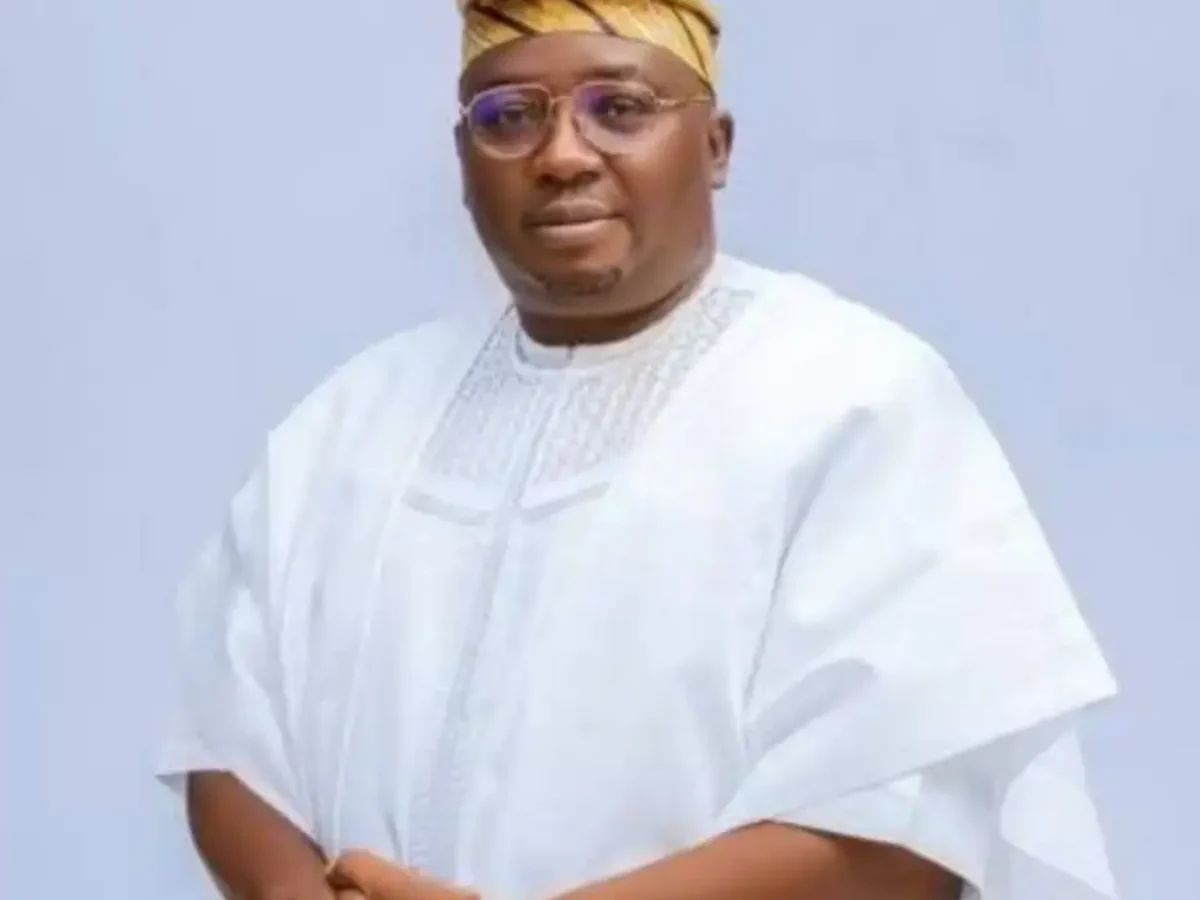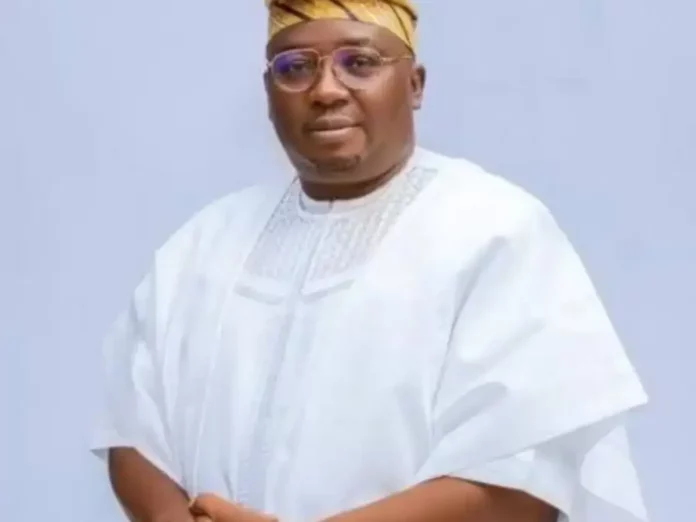
Nigeria is seeking a $190 million renewable energy loan backed by the Japan International Cooperation Agency (JICA), according to Adebayo Adelabu, minister of power.
In a statement released by the ministry on Saturday, Adelabu disclosed the plan during the 9th Tokyo International Conference on African Development (TICAD 9) in Yokohama, Japan, where the Nigerian delegation led by President Bola Tinubu held high-level discussions on power, infrastructure, and industrial transformation.
Adelabu said the facility is aimed at scaling distributed renewable energy solutions across underserved communities. “This builds on the recently launched $750 million World Bank Distributed Access through Renewable Energy Scale-up (DARES) programme under the Mission 300 Compact, which aims to bring clean and reliable electricity to more than 17 million Nigerians,” the ministry said.
The minister also held talks with Japanese corporations including Toshiba, Hitachi, Japan’s transmission and distribution corporation, and energy exchange corporations. Discussions focused on strengthening transmission infrastructure, improving operational efficiency, and cutting system losses.
The ministry said these engagements build on recent Federal Executive Council approvals for counterpart funding of N19.08 billion to unlock a $238 million loan from JICA. The loan will finance the expansion of the national grid, including the construction of over 200km of new 330kV and 132kV double circuit lines, six new substations, and extensions to existing facilities.
Three substations funded through a $32 million JICA grant—located in Apo (FCT), Keffi (Nasarawa), and Apapa (Lagos)—are also set for commissioning, a move expected to boost supply reliability for households, industries, and business hubs, including the Lagos Port.
Speaking during a panel session themed “HICKARE Africa: Harnessing Innovation, Co-creation, and Knowledge for Accessible and Resilient Energy for Africa”, Adelabu highlighted Nigeria’s energy gap, noting that only 55–60 percent of the population currently has access to electricity, much of which is unreliable.
He outlined the government’s approach to expand grid access in urban areas while accelerating off-grid solutions such as solar mini-grids and standalone systems in rural and peri-urban communities. He pointed to challenges including limited access to affordable capital, high costs for rural households, and the under-utilisation of productive-use equipment.
Despite these hurdles, the minister reaffirmed the government’s commitment to reforms through supportive policies, private-sector collaboration, and increased local manufacturing of renewable energy components.
Adelabu commended JICA and the Japanese government for their “long-standing support” to Nigeria’s power sector, praising their contributions to infrastructure, training, technical studies, and financing. He expressed optimism for deeper partnerships between both countries in driving Nigeria’s energy transition.



